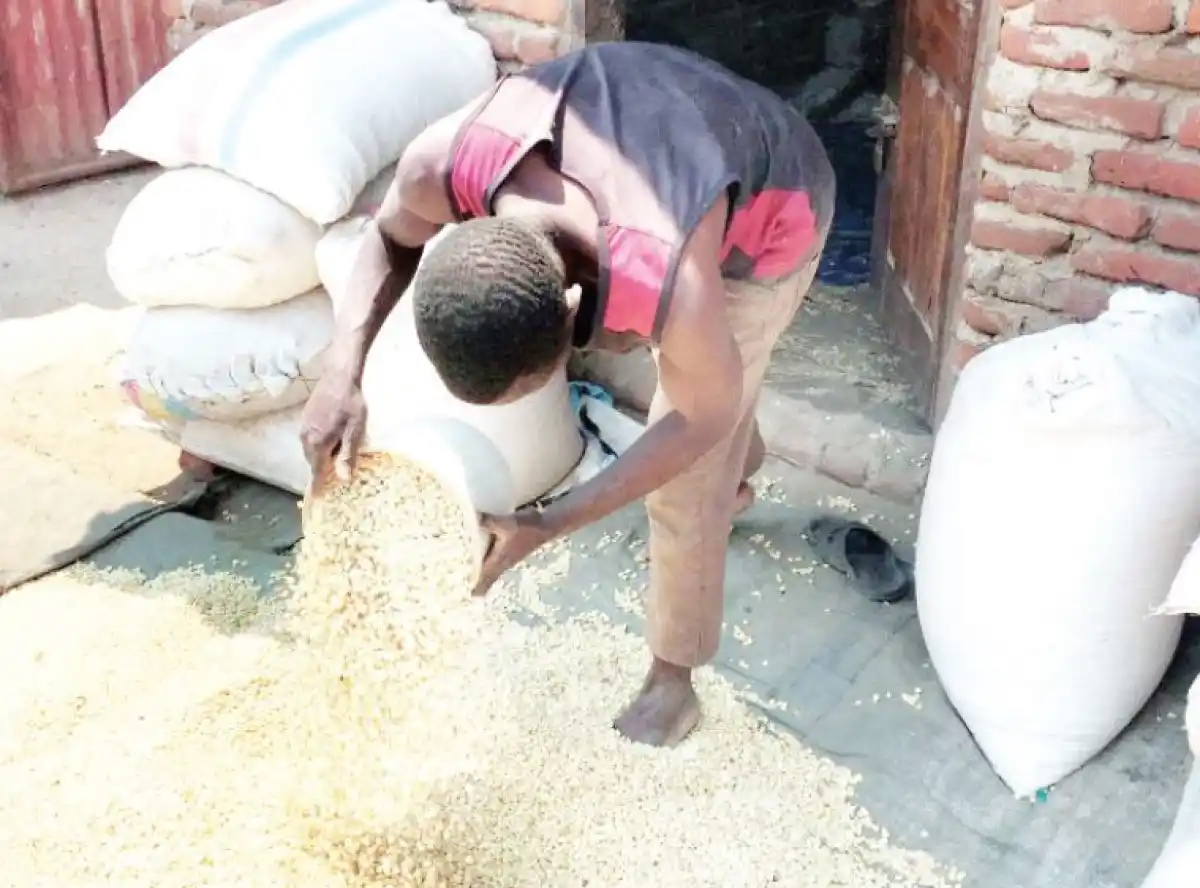
The price of maize—Malawi’s staple crop—has declined by 19 percent to an average of K88,900 per 50 kilogramme (kg) bag in the country’s cities and major towns, a Times Business snap survey shows.
This is lower than the record K110, 000 per 50kg per bag price reported in mid-February this year.
We found that prices of the commodity are the highest in Zomba, seen at K96,000, followed by Lilongwe, at between K90,000 and K92,000.
In Blantyre, Mangochi and Mzuzu, the highest price for a 50 kg bag of maize is K90, 000 but the commodity could be found at reduced prices of between 75, 000 and K80,000 in Mzuzu and Mangochi.
However, maize yield from the current harvest is flooding the market at a reduced price of between K50,000 and K60,000 per 50 kg bag in all the surveyed markets.

In an interview, economist Marvin Banda said, for at least the next four months, food inflation would continue to ease.
He said the dampening of food inflation was a function of supply as well as regional variations in weather patterns.
“Indeed, the agricultural production cycle confirms that prices do decrease at an increasing rate as the harvest begins to penetrate the market in full swing not only on account of [the] maize crop but also farm fresh alternatives.
“What makes this year difficult to predict is the fact that certain farm products have been banned in both the export and import portfolios, which will have distortionary effects on their availability, supply and ultimately price on the local market,” Banda said.
Consumers Association of Malawi Executive Director John Kapito said consumers should expect lower prices of maize in the coming months and that this would have a positive impact on headline inflation.
“However, it is important to remind farmers not to sell all their maize as these prices will go up within the next three months due low maize harvest in the current season.
“There is a need for the government to ensure that its food agencies have enough resources with which to buy maize during the early months of harvest and ensure that both Admarc [Agricultural Development and Marketing Corporation] and NFRA [National Food Reserve Agency] have sufficient stocks come the lean period,” Kapito said.








0 Comments